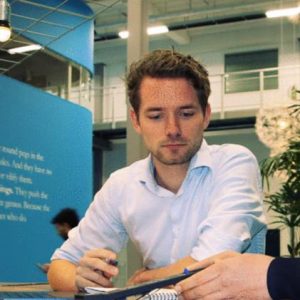Alumni Interview #June
Last month we interviewed some more alumni! We aim to post these each month so check out our news page at least once a month.

Name: Marco van der Arend
Employer: Dot Robot
Title: Product Development Engineer
Country: Netherlands
Year of Graduation: 2017
What was the title of your master thesis project? Where did you do your master thesis and who was your supervisor?
I did my MSc. thesis at Seastate5 with Manuel Mazo. My master thesis was titled “Force Estimator Design for Offshore Heavy Equipment”.
Did you have a favourite S&C course?
It has to be Nonlinear Systems by Dimitri Jeltsema, because he was a very good teacher. Besides that, I also liked the courses taught by Tamás Keviczky.
What was the most difficult S&C course in your experience?
I found Filtering & Identification to be the hardest course because it was fast paced and the material was complex. Also, the project took a lot of time and there was not enough much guidance.
What does your typical workday look like?
The short answer is: There aren’t any.
My days can be very chaotic, but my morning usually consist of meeting and in the afternoon I focus more on engineering. Because I am the tech and product manager, what I do in a day depends on the status of the projects that we are working on. That’s also what I like a about my job: the variety.
With a Systems & Control background, you have the luxury to be able to switch between different parts of a project. The analytical skills I have learnt at the TU Delft are very useful in my job. Also, we have learnt to look at a system from a broad perspective.
Is the study material still relevant to your daily occupations?
I do not use in-depth Systems & Control knowledge, but I do use the concepts (for example controllability). At our company we focus more on hardware and industry. At lot of subjects we learn at Systems & Control are about very complicated solutions. That makes sense, because those are the newest developments and they are the most challenging to grasp. However, for the industry we are working in, we usually work with PID. In our masters, they like to joke about PID, but it almost always works and it is very robust. Because we usually work with unknown systems, new techniques do not always work. Of course there are companies that do use those techniques.
Have you worked on any interesting projects lately?
The first project we started working on three years ago is a project for the company Scoozy. They make mobility scooters that are safer and also look more stylish. They did not know too much about the electronics, so we were asked to make it for them. I was in charge of designing the control and especially to make the control safer than on a conventional scooter.
What I like about the project is that we have been part of the entire design and production process. Furthermore, control is usually kind of in the background in a product, but here it is very clear what it does.
Do you have any advice for students pursuing a career in your field of work?
Just do it! You do need to realise that many things are not taken care of yet in a start-up compared to a larger company, where there is a procedure for everything. I think that is actually really nice, because in this way you and the company grow together and you do not need to convince that many people if you want to do something completely different. This results in more risks, but also more freedom. Furthermore, a start-up can also give you a better idea of what you want to do next, because you have had a lot of different roles in the company.
Also, I would strongly encourage students to do their master thesis at a company, because it is a great learning experience!
If you have any questions for Marco, please contact us via our email

